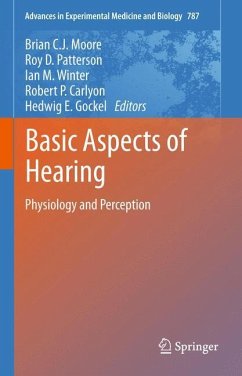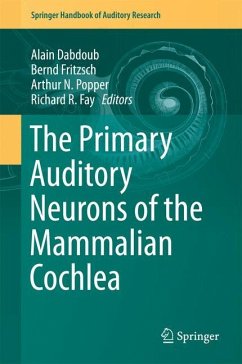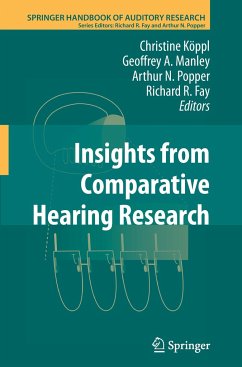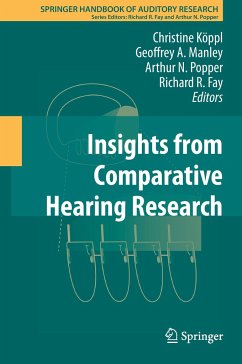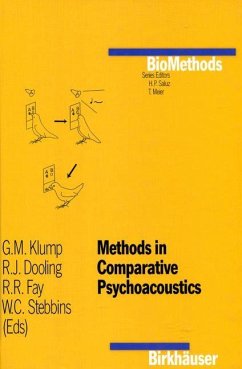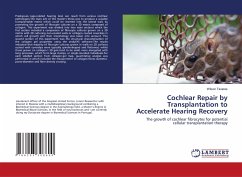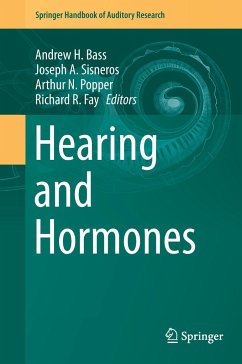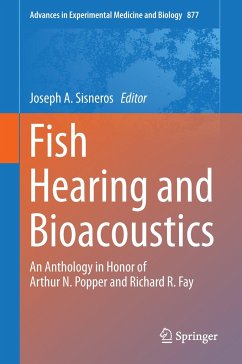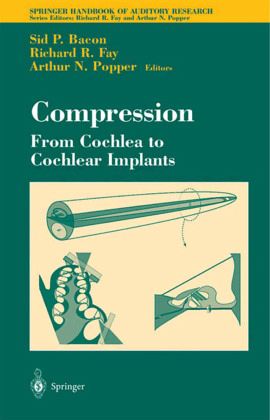
Compression: From Cochlea to Cochlear Implants
Versandkostenfrei!
Versandfertig in 6-10 Tagen
76,99 €
inkl. MwSt.

PAYBACK Punkte
38 °P sammeln!
The Springer Handbook of Auditory Research presents a series of comp- hensive and synthetic reviews of the fundamental topics in modern au- tory research.The volumes are aimed at all individuals with interests in hearing research including advanced graduate students, post-doctoral researchers, and clinical investigators.The volumes are intended to int- duce new investigators to important aspects of hearing science and to help established investigators to better understand the fundamental theories and data in ?elds of hearing that they may not normally follow closely. Each volume is intended to...
The Springer Handbook of Auditory Research presents a series of comp- hensive and synthetic reviews of the fundamental topics in modern au- tory research.The volumes are aimed at all individuals with interests in hearing research including advanced graduate students, post-doctoral researchers, and clinical investigators.The volumes are intended to int- duce new investigators to important aspects of hearing science and to help established investigators to better understand the fundamental theories and data in ?elds of hearing that they may not normally follow closely. Each volume is intended to present a particular topic comprehensively, and each chapter will serve as a synthetic overview and guide to the lit- ature.As such the chapters present neither exhaustive data reviews nor original research that has not yet appeared in peer-reviewed journals.The volumes focus on topics that have developed a solid data and conceptual foundation rather than on those for which a literature is only beginning to develop. New research areas will be covered on a timely basis in the series as they begin to mature.





